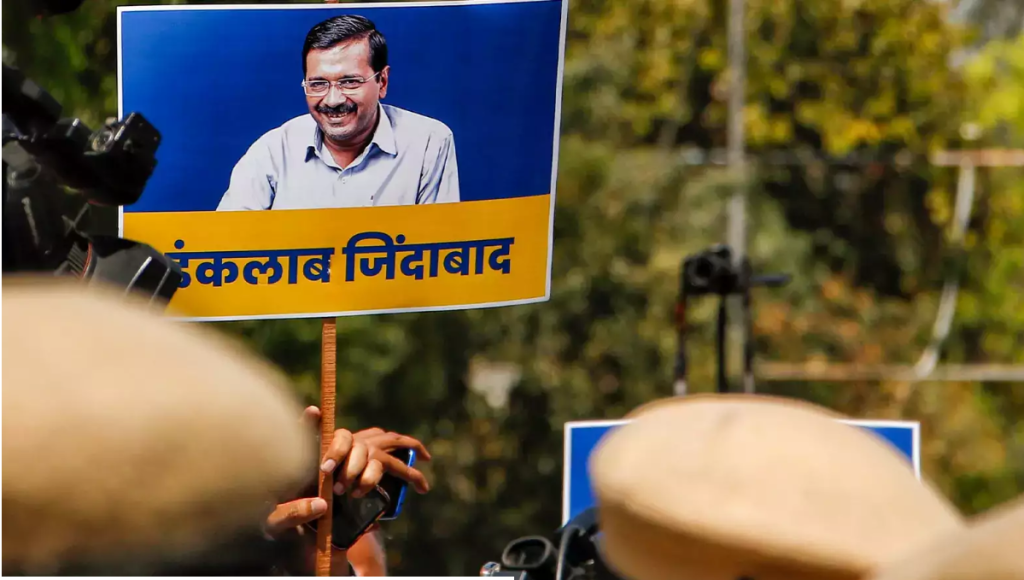On June 6, a new venture capital fund was launched by the Dalit Indian Chambers of Commerce and Industry (DICCI) to raise Rs 500 crore from investors for investment in companies run by dalits and tribals. Let goody-goody piece of affirmative action. The fund aims to provide investors with a commercial 25% pre-tax internal rate of return, comparable with the returns mutual funds aim to garner from top Sensex stocks.
A pipedream? No, it’s a real possibility, despite risks. Corporate Social Responsibility norms mean that top business houses will go out of their way to get supplies from dalit vendors. New government norms now reserve 4% of procurement from small and medium SC/ ST enterprises. This promises strident growth for dalit businesses. Once they take off, hopefully many will become big businesses without crutches.
This is a breathtaking change in a country that has long treated dalits and tribals as victims, to be given sundry subsidies and reservations. But economic reforms since 1991 have opened new economic spaces, into which some dalits have soared.
DICCI now has 3,000 millionaire dalit members. Over a thousand of these have turnovers exceeding Rs 100 crore. The richest, Rajesh Saraiya, runs Steel-Mont Pvt Ltd, based in Ukraine and spanning eight countries. His turnover exceeds Rs 2,000 crore, and he is the first dalit billionaire.
However, such success has not been easy. Dalit and tribal entrepreneurs find it difficult to get funding or mentoring. To make this easier, the DICCI SME Fund aims to raise money to provide equity, loans and technical advice to small and medium enterprises run by dalits and tribals. The aim is not to get donations from bleeding hearts for the needy. The minimum subscription for investors in the fund is one crore rupees! So, the fund is telling rich investors that they can become even richer by investing in companies run by dalits and tribals . This is a vision of shared equality among castes, not of trickle down. It is a vision of dalit entrepreneurs taking their place at the top of the pyramid, and offering to share their profits with investors from all the castes that historically dominated them.
Milind Kamble, chairman of DICCI, is clear that dalits no longer want to be objects of pity: they want to be objects of envy. He sees capitalism as a revolutionary force that has finally blasted apart the caste system, and allowed dalits to rise. Adam Smith is the enemy of Manu, and hence the friend of dalits.
Historically, says Kamble, business was dominated by traditional occupational castes who did not let others come in or compete. The licence-permit raj of Nehru and Indira Gandhi was supposedly socialist, yet protected a few big business houses (who hogged all licences) from competition from below.
Economic reform and globalization after 1991 finally launched competition with a capital C. No longer could a Garg or Aggarwal afford to buy supplies only from fellow Gargs and Aggarwals: he had to look for the cheapest supplier, whatever his caste. Money became more important than caste. Thus did liberalisation and globalisation finally end the closed monopoly of commercial castes.
Competition forced the outsourcing of what was once produced entirely within a group of companies. Outsourcing gave new entrepreneurs a chance to compete. This chance was seized by the 3,000 dalit entrepreneurs who have made it big, and become members of DICCI.
The old socialist solution for caste oppression was affirmative action, through reservations and subsidies . Kamble says these certainly helped in providing education and status. But affirmative action is no more than a starting point.
He says the time has passed for dalits to be just job seekers. They must now become job givers. They have already achieved a substantial presence in the civil services and professions. They must now do so in business too. Dalits have become chief ministers and presidents . Why not captains of industry too?
Kamble’s vision draws on two sources—Ambedkar and black businesses in the US. Ambedkar clearly saw the potential of capitalism in breaking traditional caste and occupational shackles. This did not happen in his time. It has finally happened after the economic reforms of 1991.
The US once focused on affirmative action for blacks. But in the last two decades thousands of black millionaires — and some billionaires — have risen from lowly origins. Some have become CEOs of the biggest global companies — Citibank (Richard Parsons), American Express (Kenneth Chenault), Xerox (Ursula Burns), Mc-Donald’s (Don Thompson), and Merck (Kenneth Frazier). That should be an inspiration for all dalits. May the DICCI SME Fund launch a hundred dalit billionaires.





This is very use to our community.i am interst in join the chamber.so i need some guide.please give me.
Then why not they ask for removal of reservations as well and thereby creating a egalitarian society where everybody can compete??!!
Dear sir , If i make group of 10 SC members with certain fund , how can DICCI help us to establish business.
Thanks.
I am interesting in export of spirulina
Sir I am interested to join this
As we know that when there is a will there is a way . now there is good chances for our people to grow and move forward but finance and non cooperation from other are hurdle in the way . if DICCI is making fund and help our people than we can do a lot in this field . i m also from industries field and know all aspect related to establish and trading supply of ind items i may certainly help and support frm my end. r chauhary 08120245786